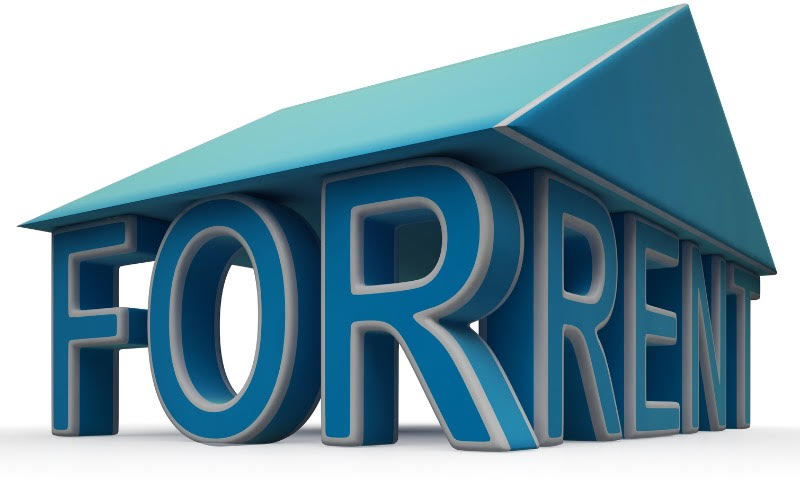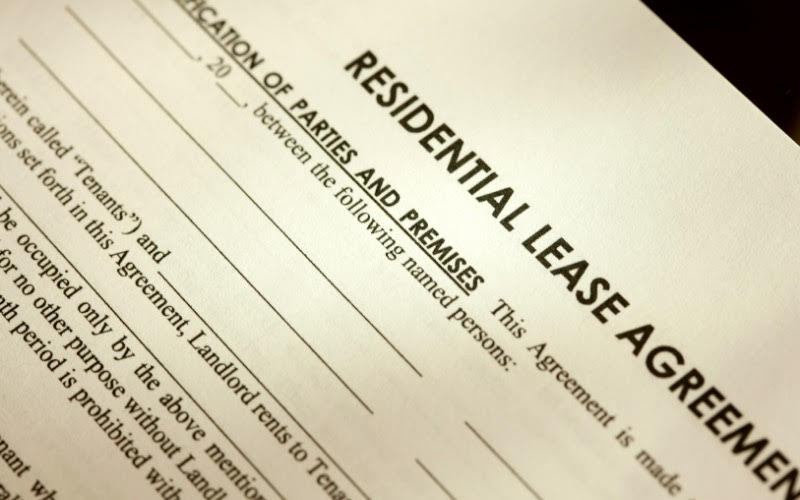Are you considering leasing out your property? There’s a lot of things you should know about being a landlord. There’s more to being a landlord than just renting out your property and collecting rent. You need to understand the basics of what you need to do to become a landlord.
We have collated a checklist of everything that you need to know about renting out your property. From accepting tenants, collecting rents, compliances to notices or eviction.

Before Accepting Tenants
Before you can accept tenants, you need to make sure that everything is in order.
- Understand the landlord and tenant act – You must understand the laws and make sure that your building complies with all the requirements. Understand your legal responsibilities as a landlord and make sure to comply with the laws and requirements to avoid sanctions.
- Make sure the house is in good condition – As a landlord, it is your duty to ensure that the building is in good condition, safe, and habitable. Make sure that maintenance and repairs are carried out. It is necessary to have the contacts of handymen like plumbers and electricians to repair anything that needs to be repaired.
- Get Insurance – It is important that you have insurance covering your property, including liability insurance. This is to help cover for financial losses that might occur.
- Determine the right rent price – Location is a determining factor of how much your property will cost to be rented. To determine the right rent price, research the real estate market in your locality to learn the appropriate price.
- Hire a good landlord-tenant lawyer – Apply for Certificate Of Occupancy (COO). Get a good lawyer to draw up a lease based on your terms. It is better to retain the lawyer so that the lawyer can be on board for other issues such as evicting tenants for non payment of rent etc.
- Hire a property manager – This is not necessary if you think that you can handle the responsibilities of managing the property. However, hiring a professional property manager is best if you do not live close to your property or you get overwhelmed with the responsibilities of being a landlord.
- Advertise your property – Decide how you will advertise your house. There are several options – online listing platforms, rental agencies, traditional advertising etc.
- Screen tenants – You should have a tenant screening process to help you find tenants of your choice. Select tenants that have a stable source of income and a good record of paying rents when due. Conduct a background research if you have to. This will help you avoid bad surprises.

After Accepting Tenants
Now that you have accepted your tenants, there are things you need to do and communicate with them to avoid misunderstandings.
- Inspect the building with your tenant – It is important that you and your tenant check the house together to know that everything is in order.
- Have a written rental agreement – This is the best way to keep everything documented and protect yourself in legal situations. Your policies should be specific and written in the rental agreement. For example, if you have a pet policy or guest policy, it should be written down and communicated in clear terms to your tenants. It is important that the rental agreement is signed by both parties.
- Inform them of their responsibilities – Let your tenants know the rules and regulations of living in your premises. Discuss how they can keep in touch with you or the management and the payment of the rent process. They should know how utility bills will be paid.
- Security deposit – Get them to pay a security deposit fee. This should be paid before they move in. This is to ensure that your property is repaired in case of any damages caused by the tenants.
- Enforce the tenant rules – What is the essence of tenants rules if they are not followed? If the rules are not followed, then the rental agreement isn’t relevant. Make sure that tenants abide by the rules. If you live in the property, you must lead by example and follow the rules.
- Get ready for seasonal maintenance – You should have handymen that can come in for repairs and maintenance when needed. It is best that your property is adequately maintained to avoid property damage.
- Keep records of everything – It is crucial to keep records of everything – rent receipts, maintenance receipts, etc. Having digital records is best because they can be secured and backed up.
If you have to evict tenants, make sure that they get the eviction notice on time. Have your lawyer draw up an eviction notice. You should also inspect the rental property before the tenant leaves so you’ll know if you should deduct from the security deposit.
By following these guidelines, you can be sure to have a smooth renting process and be a great landlord.



